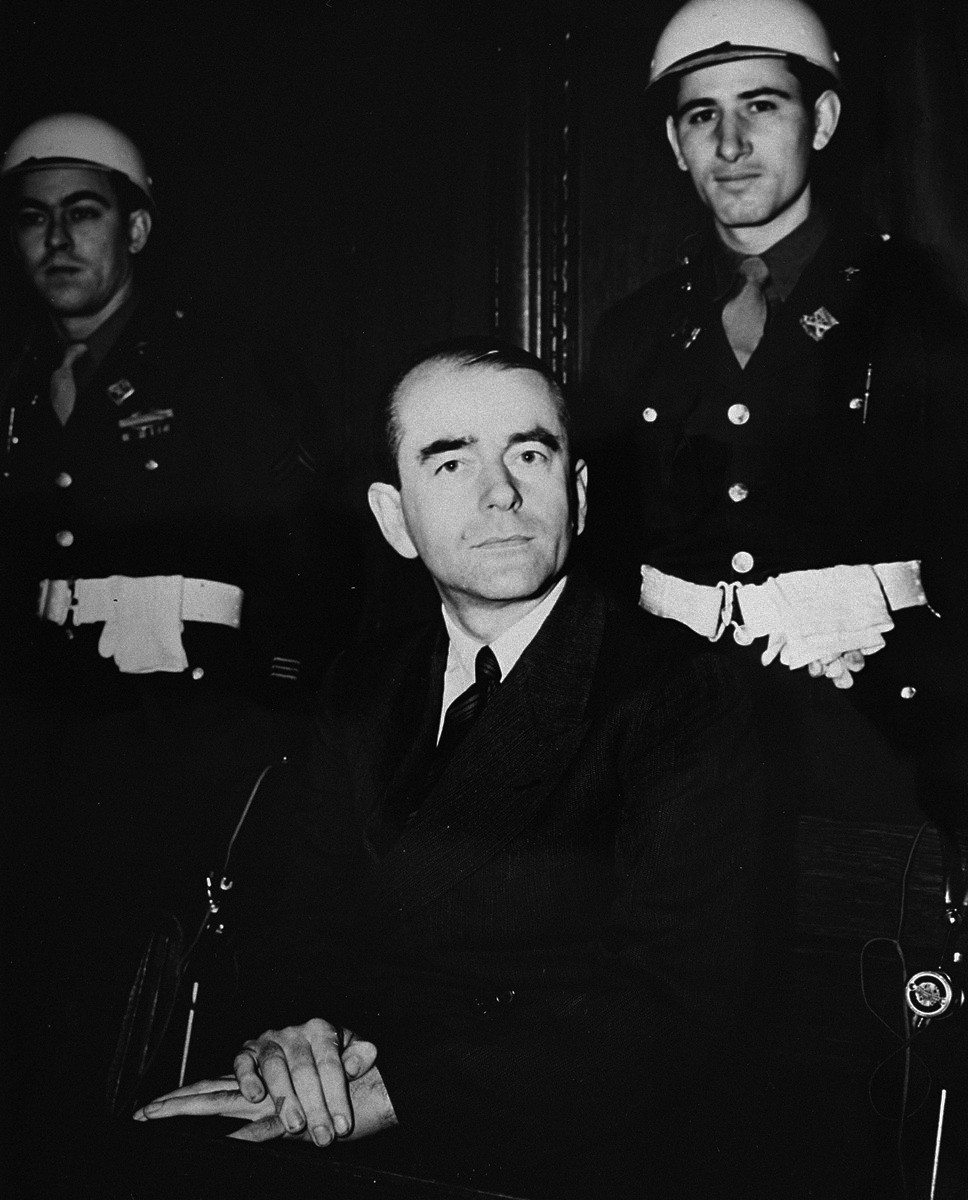Albert Speer’s response to Wiesenthal’s question in part two of The Sunflower is very intriguing. Speer was a high ranking Nazi who was one of the planners of the Third Reich; he was Hitler’s minister of ar
 maments. Albert Speer was on trial at Nuremberg, and was one of very few who took responsibility for his actions during the Holocaust. In his response to Wiesenthal, Speer says, “Afflicted by unspeakable suffering, horrified by the torments of millions of human beings, I acknowledged responsibility for these crimes at the Nuremberg Trials.” After reading Speer’s response, it is clear that he has not forgiven himself for what he had done during the Holocaust. He does not expect Wiesenthal to either, but he is understanding. He thanks Wiesenthal for being compassionate and tolerant, as well as “showing clemency, humanity, and goodness.” Speer does not expect anything out of Wiesenthal. He does not even expect Wiesenthal to be nice to him. When Wiesenthal doesn’t reproach him, or “comfort him with his anger,” Speer becomes very appreciative. Albert Speer’s response to Wiesenthal’s question was very respectful. When I read it, it made me more sympathetic towards him, after all Speer did help Hitler in the massacring of millions of Jews. I do not think that what he did during the Holocaust was right, nor do I think he should be forgiven, but his response makes him seem more humane.
maments. Albert Speer was on trial at Nuremberg, and was one of very few who took responsibility for his actions during the Holocaust. In his response to Wiesenthal, Speer says, “Afflicted by unspeakable suffering, horrified by the torments of millions of human beings, I acknowledged responsibility for these crimes at the Nuremberg Trials.” After reading Speer’s response, it is clear that he has not forgiven himself for what he had done during the Holocaust. He does not expect Wiesenthal to either, but he is understanding. He thanks Wiesenthal for being compassionate and tolerant, as well as “showing clemency, humanity, and goodness.” Speer does not expect anything out of Wiesenthal. He does not even expect Wiesenthal to be nice to him. When Wiesenthal doesn’t reproach him, or “comfort him with his anger,” Speer becomes very appreciative. Albert Speer’s response to Wiesenthal’s question was very respectful. When I read it, it made me more sympathetic towards him, after all Speer did help Hitler in the massacring of millions of Jews. I do not think that what he did during the Holocaust was right, nor do I think he should be forgiven, but his response makes him seem more humane. After reading all the responses in part two, I found Speer to be the most intriguing because Speer has a different point of view compared to everyone else who responded to Wiesenthal’s question. Some who responded were Jews, some were religious leaders, and some were journalists, but none of them were actual Nazis like Speer was. One of the links I added above talks about Speer’s life, and the other one is an anaylsis of his life, and I recommend reading the section called, Speer’s Guilt and Sense of Responsibility.


No comments:
Post a Comment